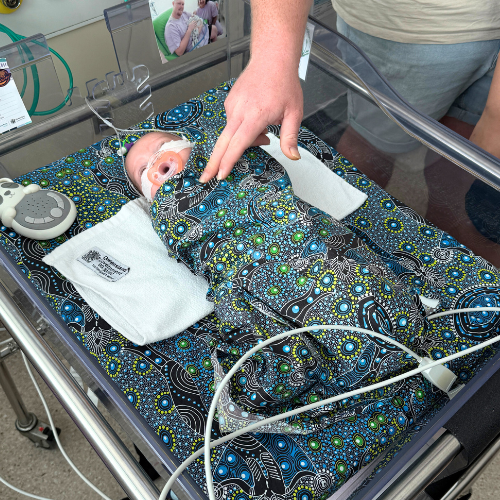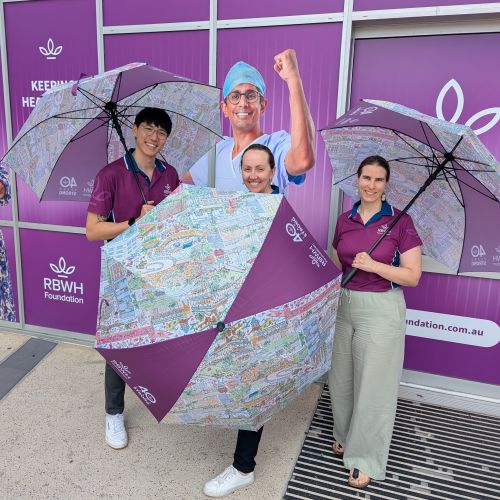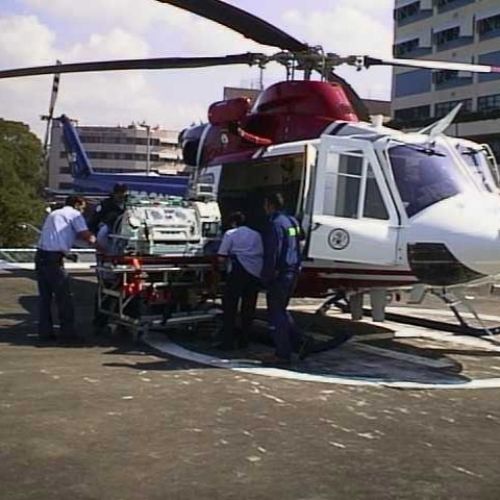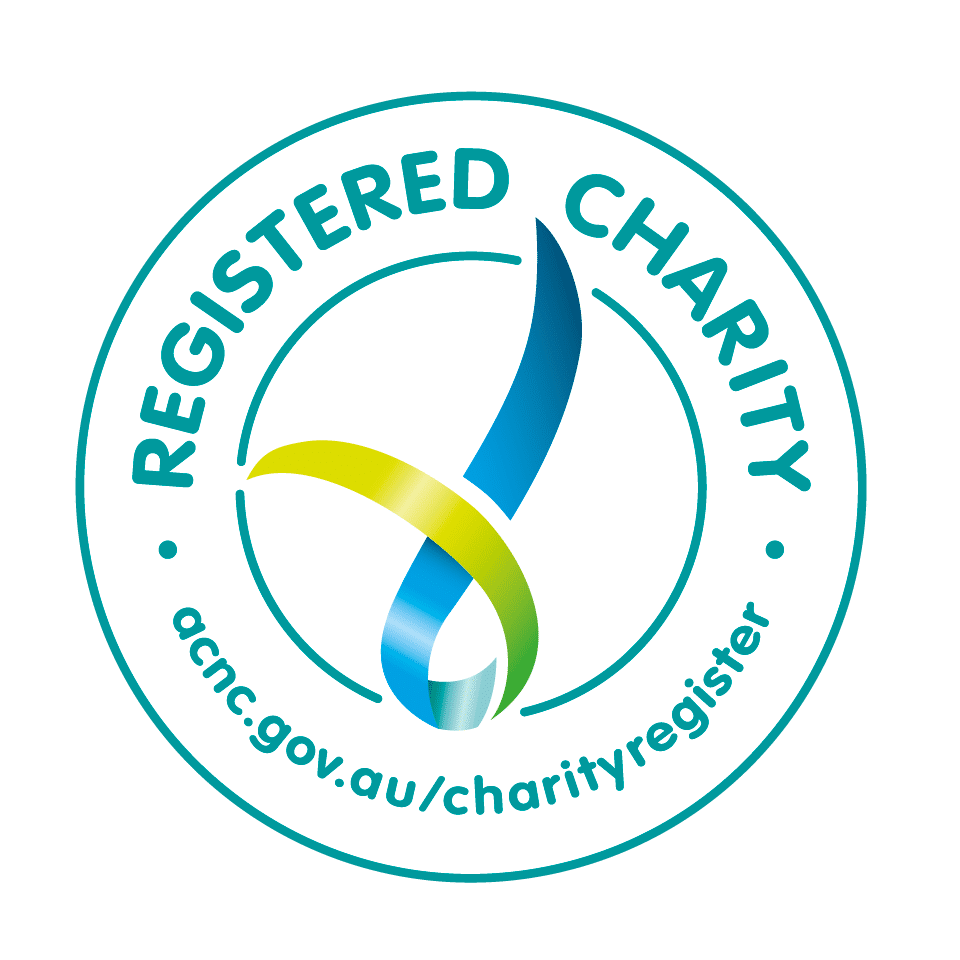RBWH is putting the power at patients’ fingertips with a surgical app designed to streamline patient communication and care, both before and after elective surgery, to reduce treatment delays and cancellation of operations.
Funded by the RBWH Foundation, the platform has been co-designed and tested by patients and clinicians to build patient confidence and optimise recovery.
“Too many people are not receiving the care they need in the recommended time frames,” said Clinical Nurse Consultant Cory Williams (pictured below).
“That might be because their general health isn’t good enough to have surgery, because they don’t know what they need to do to prepare themselves for treatment, or because the clinical teams aren’t aware of changes to their health or personal circumstances.
“This app will allow clinicians to provide more patient-centred care and consumers to access the information and support they need to play their part,” Cory said.


In this context, Cory said, the online world provides an opportunity to improve communication and build a sense of connection.
“When they're in the system, patients need to feel cared about and confident. Just the ability to say ‘Hey, I'm a little bit concerned or a little bit anxious, could someone give me a call, or can you give me some information that might help?’
“For some people it’s about their team understanding who they are as a person and feeling, in return, that they have some insight into their treating team - building that rapport and that partnership between consumers and clinicians.”
In a heavily digitised era, Cory added, health systems are under pressure to keep up with consumer needs – including the sense that they are ‘more than just a number’.
“With people's ability to search for information themselves, there’s a real need to feel some connection with their healthcare team and build trust,” he says.
“There’s so much misinformation out there that can really send people into an anxious head spin, wondering, ‘Am I really getting the most appropriate care for me?’
"By developing the ability to connect people and build trust, we’ll help consumers feel safe in the hands of their healthcare workers and more able to share information. The goal is to create the best possible care dynamic.”
Working closely with CSIRO (the Commonwealth Scientific and Industrial Research Organisation), a preliminary app prototype was developed for small scale user-testing purposes. The prototype was developed to deliver a single point of reference for patients and the clinicians involved in their care, where information can be shared, progress monitored and questions answered.
“Instructions around preparing for and recovering from procedures are typically paper based or verbal and that can create issues for patients.
"If people have difficulty following or recalling information, coupled with anxieties ahead of surgery or discharge, they can struggle to follow instructions to the letter; mistakes can lead to delays or cancellations of procedures and poorer post-surgical outcomes.
"For the people affected that can be distressing and frustrating, and for the health system it can mean missed appointments, unnecessary costs and protracted recovery,” Cory said.
“This application was devised, from the get-go, by clinicians, patients and past patients, who worked together to co-design a solution that meets everyone’s needs.
"Participants weren’t just brought in to share their opinions on an idea – they created, shaped and refined the concept from the ground up and brought it to where it is today.”
RBWH patient Dale Trevor agreed that co-design is critical if the health service was to innovate and improve.
“We needed an application that would minimise ‘no go’s’, the people who aren’t properly prepared for surgery, as well as ‘no shows’, the people who simply don’t turn up.
"In doing so, we’ve mapped out a way to keep patients engaged and make information gathering easier and more accurate for clinicians. Patients can upload pictures of medication, wounds and anything else they need to share and, similarly, staff can communicate and advise.
“The more people use the app the more value they, and clinicians, will get out of it. That’s why it was important to me that we include a calendar where patients can itemise everything they need to do, from starting or finishing medications and pre-op dietary requirements through to dropping the dog off with mum and when to order their Uber to the hospital.
“It’s about fast, efficient solutions that allow for accurate information gathering, so that front-line staff can spend more time actually delivering treatment.”
With the successful initial prototype build and user-testing completed, the next step is to integrate the application into existing health service technical systems and operationalise in the working environment, where its full impact on patient experience and health outcomes can be fully evaluated.
Excited by the transformative potential of this project? Donate today to help clinicians like Cory revolutionise patient care.










